Sample the street food
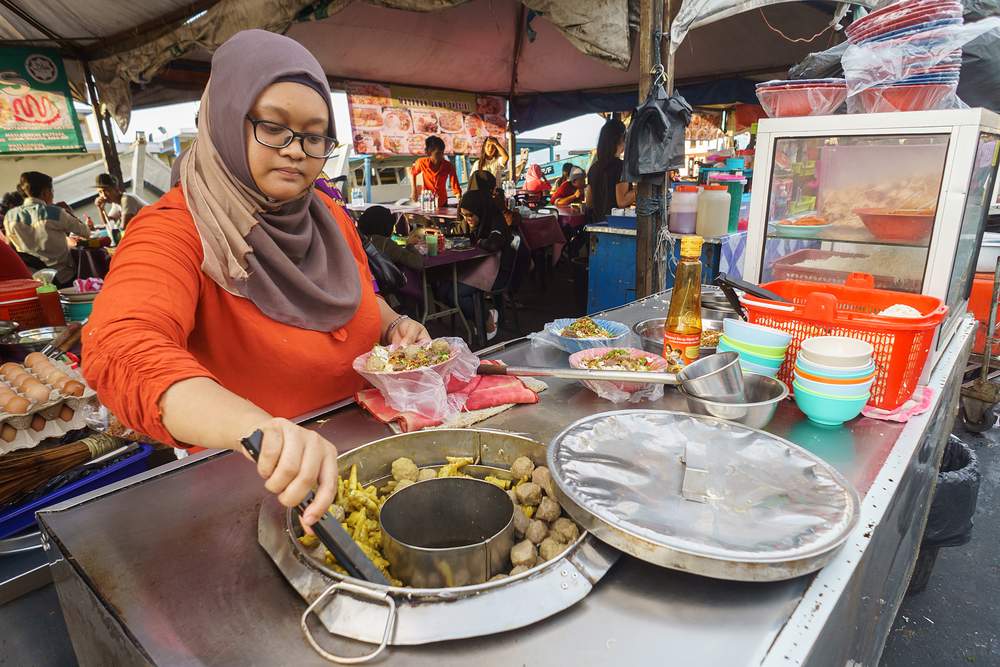
Popular dishes include catfish with Sambal Manis (chilli sauce), Sate Ayam (barbecued chicken skewers with peanut sauce), Tempe (a meat-like cake made from fermented soya beans), Lempur (sticky rice balls steamed in banana leaves and stuffed with sweet-soy chicken) and innumerable deep-fried delicacies. Food is typically eaten with the hands or a spoon and served with balls of sticky rice and complimentary sweet green tea. Street food can be hit and miss so always search out the busiest stalls – if in doubt, eat where the locals eat!
Respect the dress code
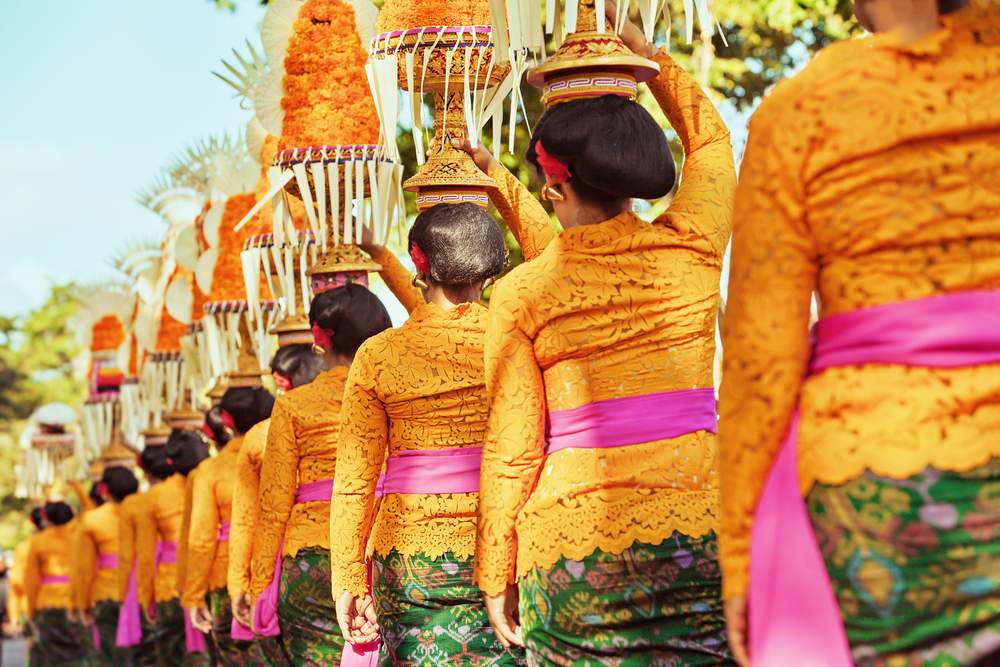
Despite a reputation as one of the more liberal-minded Islamic nations, Indonesia, with the exception of Bali, is still a Muslim country and it’s important to dress and act respectfully. For women, this means swimming in a t-shirt and keeping your chest, thighs and upper arms covered whenever possible. For men, it’s best to avoid walking around bare-chested unless it’s clear that the locals are doing the same. Alcohol is prohibited in most situations (particularly in rural areas), although that’s not to say it’s not available. Sharing a quiet beer with friends is condonable, but drinking at someone’s home (unless invited to) or drinking excessively would definitely be frowned upon.
The call to prayer sounds 5 times a day from the Mosque and it’s important to respect prayer times, particularly on a Friday (the Muslim equivalent of a Christian Sunday). Indonesians are largely inquisitive and open-minded but it’s still wise to avoid taboo subjects when addressing the elder generation – avoiding sex, religion and politics is a good start, at least until you are better acquainted.
Experience rural life
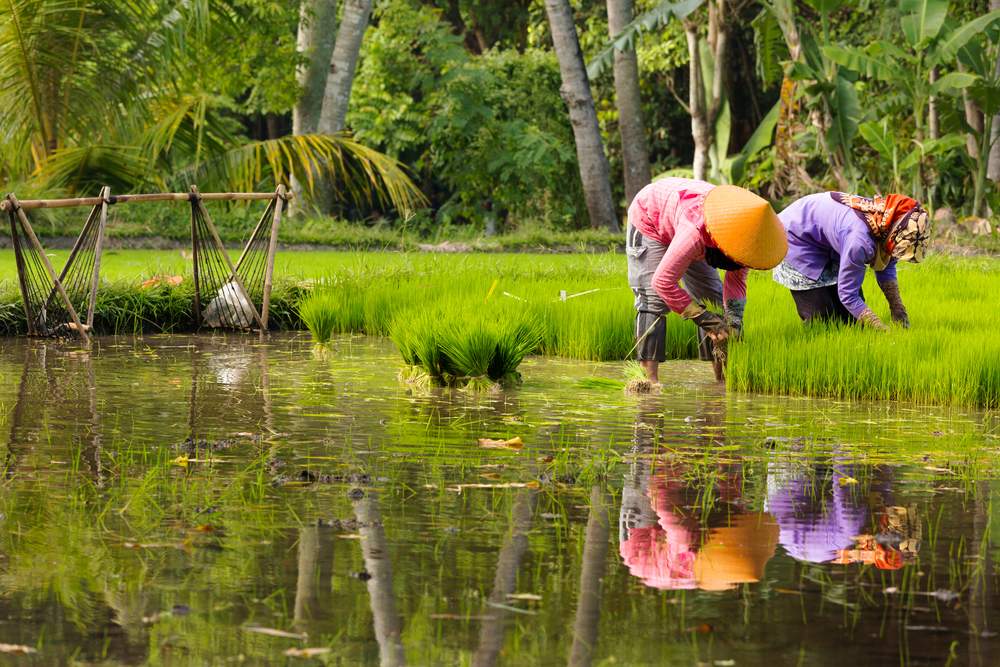
To fully experience rural Indonesia, a home stay is a great way to immerse yourself in the culture and a few entrepreneurial country dwellers are starting to open their doors to foreign guests. Volunteer In Java is one such organization, offering home stays and volunteer opportunities for travelers in West Java. You can explore the floating fishing villages, shop for food at the local markets and for those not adverse to sweaty, muddy work, they’ll even arrange for you to help out in the rice paddies for a morning!
Indulge in a blind massage
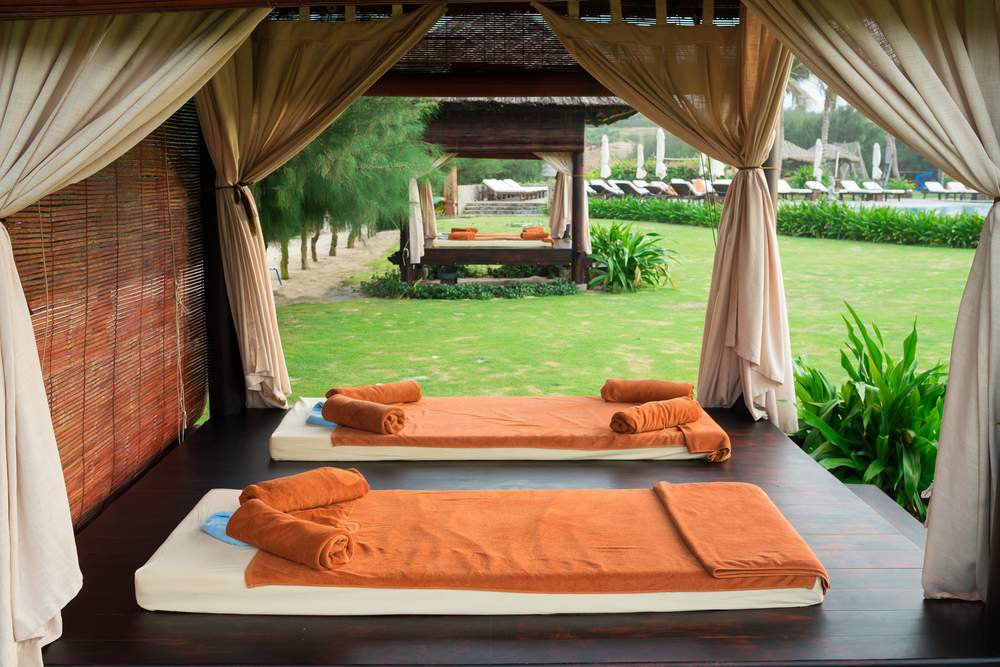
Traditional Indonesian massage is a mix of deep-tissue sports massage and basic chiropractic realignments (if you’re not a fan of neck-cracking maneuvers, make sure you tell your masseur beforehand!) but some centers offer a wider range of massage styles. Almost every town and city has a massage centre run by the blind and any guesthouse or tour agency will be able to point you in their direction. Blind massage parlors may not offer the frills of a day spa, but they do offer highly skilled masseurs, cheap-as-chips prices and the added bonus of supporting a minority who are working hard to make a living against the odds.
Cure your ailments

Of course, the medical benefits are debatable but many locals swear by the powers of these bitter tonics and it provides a fascinating insight into the local culture for the more adventurous tourist. First-timers might prefer to try the pre-made lotions and creams – popular products include a soothing paste for sunburn, a local tiger balm, cinnamon and rice facemasks and even a Viagra-esque herbal tea!
Use local transport
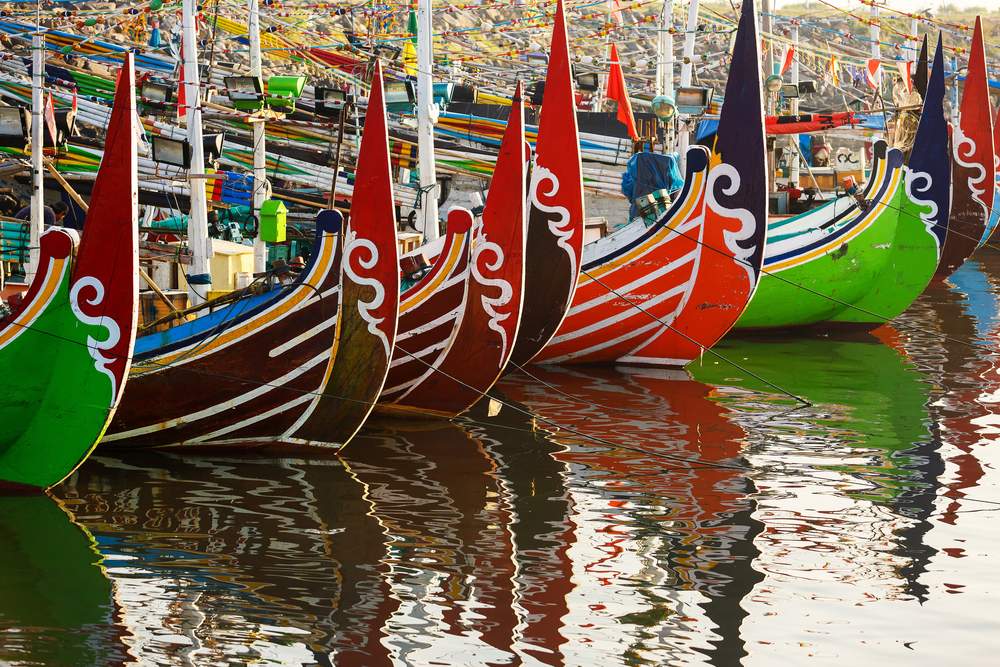
Road travel in Indonesia is equally exhilarating and terrifying, with motorbikes, bicycles, cars, buses, tuk-tuks, minivan taxis, horse‘n’carts – you name it, you’ll find it weaving through the traffic jams and whizzing over potholes.
Safety concerns on long distance buses are usually quite minimal, but bank on long delays, bumper-to-bumper traffic and often unbearably narrow seating (long-legged travelers will soon come to despise Indonesian buses!). On popular routes bigger and newer buses may be used so shop around before you buy a ticket (often the rickety, slow school buses are the same price as the shiny new coaches). Get on early to secure a seat as they can fill up fast and tell the driver and a few other passengers where you want to get off as road signs and bus stations are rarities.
For short distances, moto-taxis are the cheapest and fastest methods of travel, providing you find a driver who follows at least some of the road rules. Insist on wearing a helmet – there are plenty of moto-taxis who carry passenger helmets so don’t bother getting on a bike that doesn’t. Make sure you agree on a price beforehand and hone your haggling skills, as price bumping for non-locals is pandemic.
Make some new friends
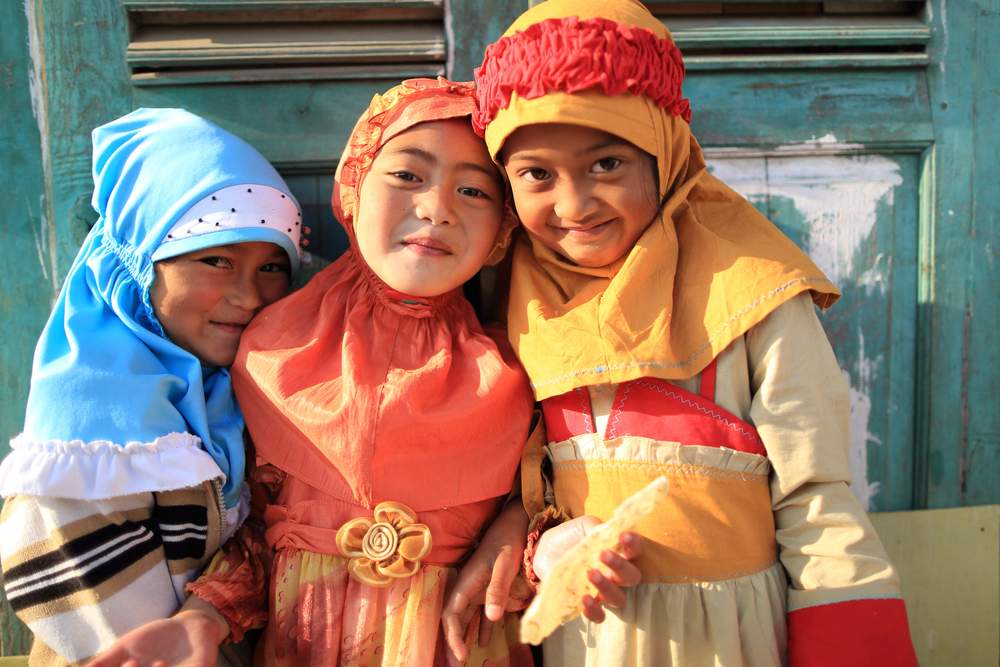
The Indonesia Australia Language Foundation offers starter classes in several locations around the country or else ask at your guesthouse for a local tutor. If you’re planning to travel outside of the major tourist resorts a phrasebook makes a worthwhile backpack addition.
Read more about The Art of Traveling in Developing Countries. Or, book your flights to Bali, find hostels in Bali, and plan your trip with our Bali travel guide.